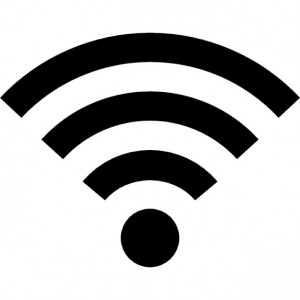Students vs. Wi-Fi

Wi-fi at Waldorf is a blessing and a curse for some students.
By Qadeer Omar-Taylor
Being a University has many factors to it- like a sense of community and connectivity. There is a distinct sense of community here at Waldorf, but how well connected are we?
What kind of impact does the lack of Wi-Fi put on your social and academic lifestyle?
Students at Waldorf are very busy with their daily lives. Moving around from class to class, going to practice, going to work and finding time for extracurricular activities is challenging. Waldorf is a very fast moving environment with many things going on at once; moving at such a fast pace requires students to feel more connected.
Often times, walking from building to building is difficult for a few reasons: being outside means you are receiving little–if any–internet from the Wi-Fi and without the Wi-Fi students are subconsciously persuaded to use their mobile data. This can be a hassle, especially since Forest City is a small town with very few cellular towers.
Erica Fee and Madi Beaupre are two students, along with many others, who are personally affected by the lack of connection here on campus.
“My school work is not hard, but frustrating,” said Fee, “It takes so much longer.” In the lecture halls the internet is excellent while in the dorms the connection varies depending on where you reside in the building. In the dorm halls, there are many floors made up of thick concrete walls, which make it harder for the signal to reach the top floors. Another contributing factor is the simple fact that there is only one router for many students, specifically in Johnson & London Halls, with the largest first year class ever.
“I did have a router, but the cord didn’t fit in the wall,” said Fee,”the Wi-Fi was much better last year.” Fee has been a student here for the past three years and claims “the conneciton has never been this bad.”
Although there is not much that can be done about the connection, “Get a router of Ethernet [cable], so you know you always have that backup and don’t have to rely on the school’s [poor] connection,” said Fee.
When asked what else can be done for students who are affected by the lack of connection Madi Beaupre said “go to the library or the AACE, because they are both wonderful places to study.”
While there are different opinions on the the topic, students seem to agree that certain areas on campus receive better connection than other locations.
